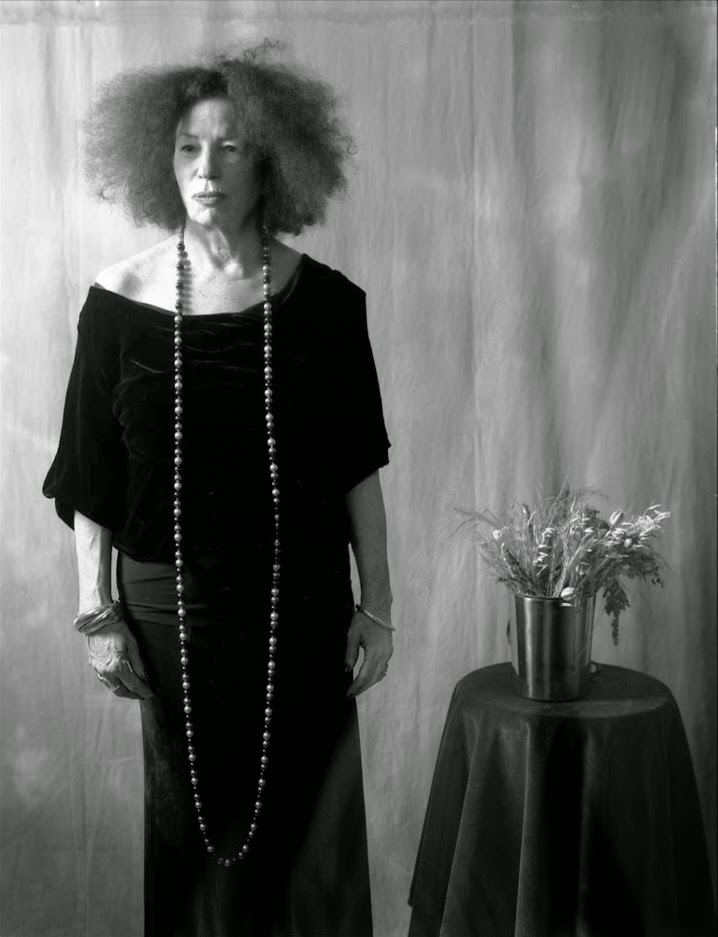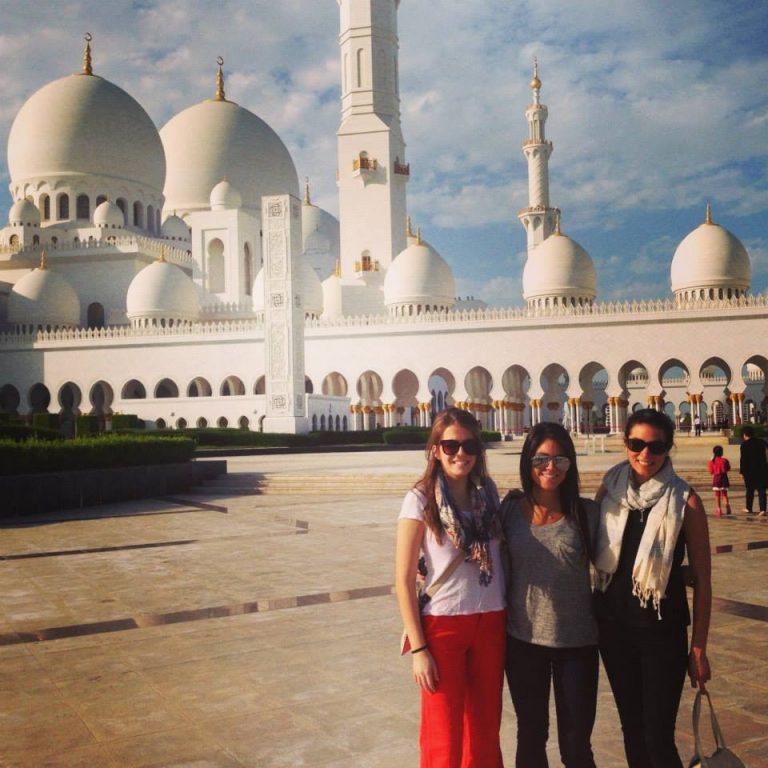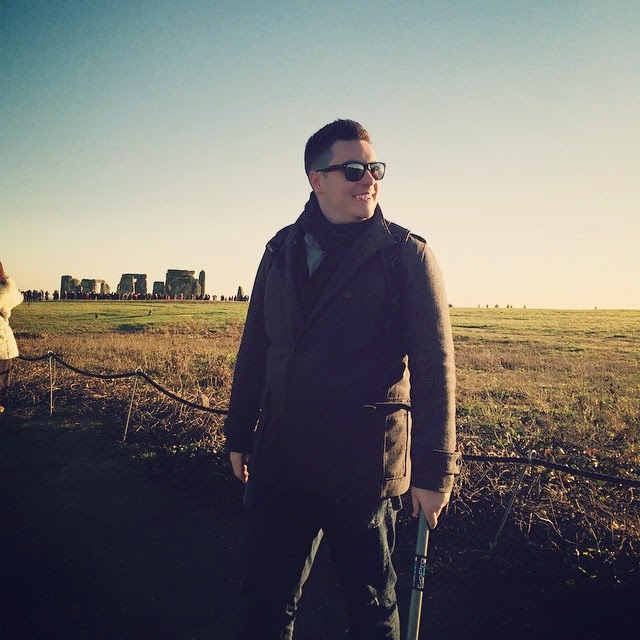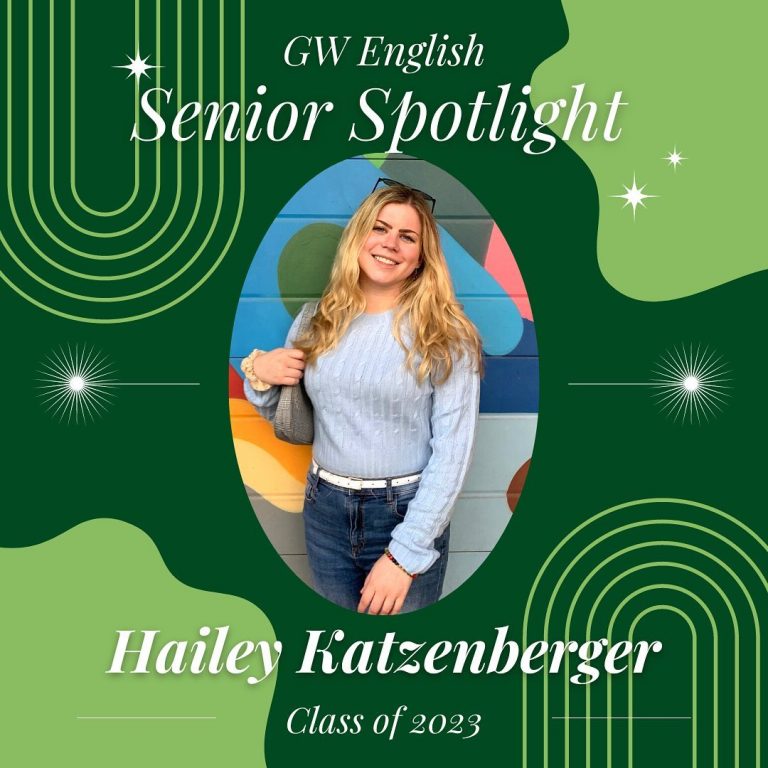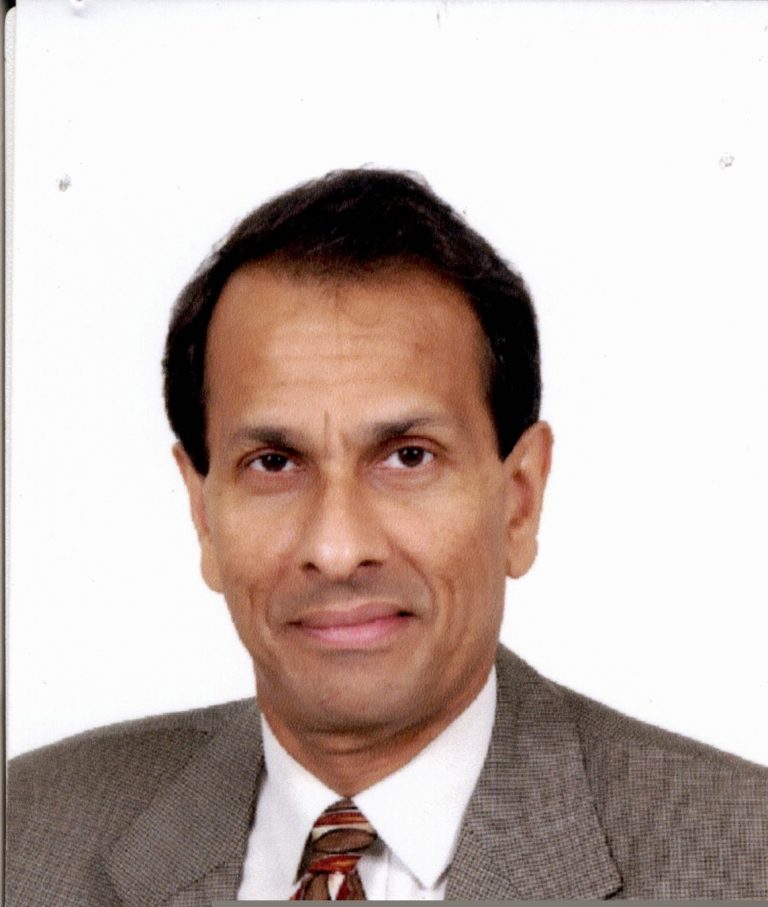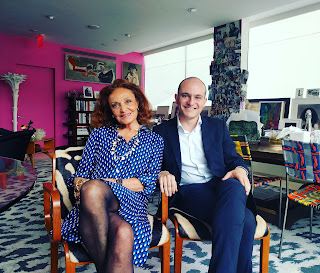GW English Alums on the Move: Esther Cohen (BA ’69)
| GW English Alum Esther Cohen (BA ’69) |
WORDS
When did you graduate from GW?
I graduated from GW in 1969. The year (and the years that followed, and came before) were a crazy time in the universe. Washington was alive with change, with demonstrations, with exciting possibilities of what the world might look like. Some of that had to do with the fact that we were young then (and you don’t understand what young means when you are.)
What do you remember most from your GW years? Were there professors who had a particularly strong influence?
My GW experience was wonderful in so many ways. I met friends for life, learned more than I could have expected, and had a few terrific English teachers who helped shape my writing life. Louis Schaefer (I still write to him) is an unusual, learned, funny man, an original thinker who taught a few of my creative writing classes. So did AE Claeyssens, another gifted teacher who criticized and encouraged with an equal amount of grace.
Did you know when you graduated that you wanted to be a writer? If so, did you assume you’d be a particular sort of writer (poet, novelist, etc.)? Are you surprised at how varied your writing has turned out to be?
I’ve wanted to be a writer forever, since my first sentence (This Is A Book!) and words have always been central to my life. It was wonderful to be with inspired teachers who could help me shape those words. I wanted to use words in as many ways as I could imagine, in poems, in stories, in novels, in creative non-fiction, and in some journalism and criticism. I’ve written everything more or less. Stories are my strength. Facts are my weakness.
I have also been a book doctor for many years now, helping people write their books. And I teach many writing workshops, often about Good Stories.
I’m assuming you’re a native New Yorker. If I’m right, could you say something about your adjustment, as a GW student, to DC culture as opposed to New York City culture? Did you enjoy living in DC as a student?
Do you have any advice for our current English majors, or for students reading this who are thinking about becoming English majors?
Being an English major is a fantastic luxury: spending four years of your life reading with people who guide your path, who know things you don’t, and who can help you understand what some of the greatest writers in literature wrote, and intended. I am grateful to have spent four years reading, meeting friends, and living in Washington, D.C.
Students often ask for advice. To be a writer is to be open to life, to experience as much as you can, to be curious, and not to be afraid of life, or your own words.
What writing project(s) are you working on right now?

